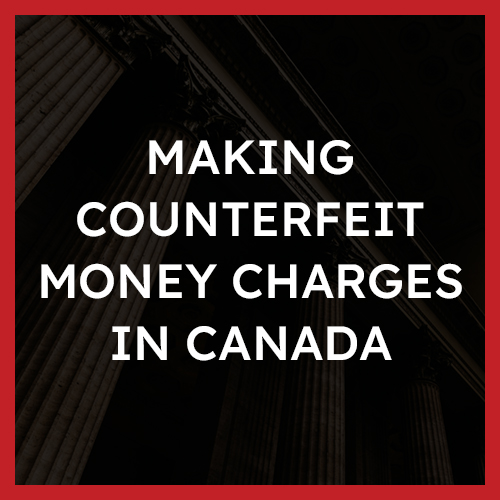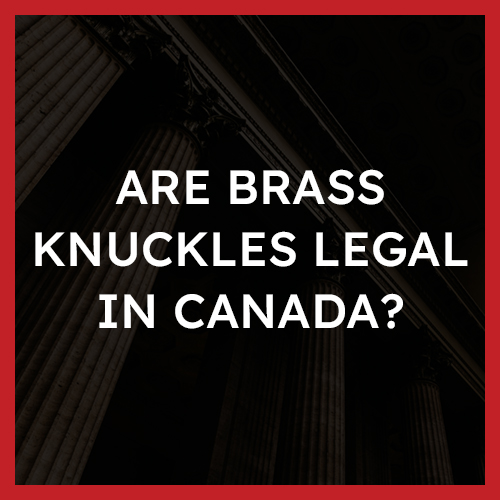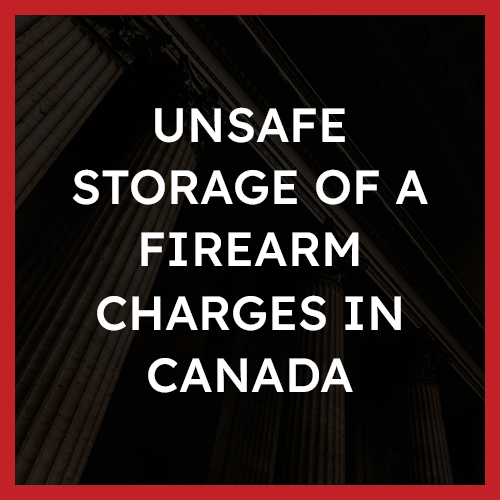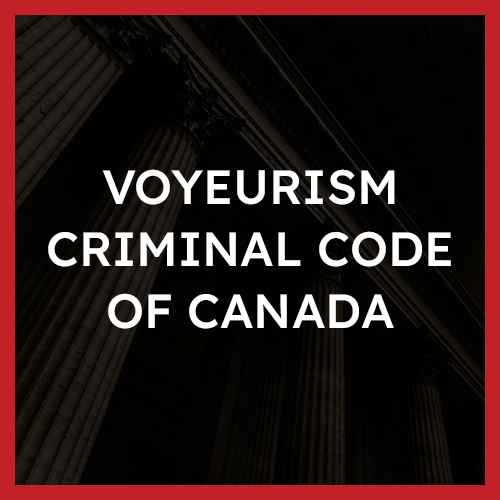Making Counterfeit Money (s. 449) Laws in Canada
Table of Contents
- Overview of the Offence
- Defences
- Punishments
- Frequently Asked Questions
- Could I go to jail for making counterfeit money?
- How much trouble can you get in for counterfeit cash?
- What is making counterfeit money?
- What is the sentence for counterfeit money in Canada?
- Could I be charged for possessing counterfeit money, even if I didn’t make it?
- Is making a counterfeit/fraudulent cheque the same charge as counterfeit money?
- Is it illegal to draw on paper money in Canada?
- Published Decisions
What is Making Counterfeit Money?

Section 449 of the Criminal Code of Canada which deals with making counterfeit money is aimed at protecting the public and financial institutions from fraud relating to currency.
Definition
“Counterfeit money” includes:
- a false coin or false paper money that resembles and is apparently intended to resemble or pass for a current coin or current paper money
- a genuine coin or genuine paper money that has been altered to resemble or pass for a higher denomination than the intended currency
Examples:
Some examples of the offence of making counterfeit money may include:
- A person intentionally prints a fraudulent $10 bill from a computer, with the intention of passing the item off as $10 currency
- A person alters a $10 bill to appear as a $100 bill, with the intention of passing the item off as a $100 bill
Defences
There is a Defence election of Court under s. 536(2)
- Lack of Knowledge
- Lack of Intent
Lack of knowledge or intent may be difficult to present as a defence in circumstances of printing/making fraudulent bills, however, in circumstances where an accused is caught in possession of, or altering currency, a positive defence may apply. The crown is obligated to prove the elements of the offence beyond a reasonable doubt, which includes the date, time, location, and circumstances of the offence.
Punishment
The maximum penalty for a conviction under Section 449 is fourteen (14) years imprisonment. Specifically, Section 449 provides that everyone who commits the offence of making counterfeit money is guilty of an indictable (straight indictable) offence and is liable to imprisonment for a term of not more than fourteen (14) years.
Whether you intend to plead guilty to a charge under section 449, it is important to consult a lawyer prior. There may be factors which apply to your punishment/sentencing which are relevant and important for consideration, which may result in a lesser punishment.
Overview of the Offence
Section 449 of the Criminal Code of Canada is a provision that criminalizes the commission of making counterfeit money.
Making counterfeit money
449 Every one who makes or begins to make counterfeit money is guilty of an indictable offence and liable to imprisonment for a term not exceeding fourteen years.
This offence is straight indictable, and the offender is liable for a term of imprisonment for a maximum of fourteen (14) years.
In order for a person to be convicted of making counterfeit money in criminal court, the crown is required to prove their case beyond a reasonable doubt. The crown must also prove several elements of the offence, such as: confirming the accused’s identity, the date(s) and time(s) in which the incident(s) occurred, the jurisdiction, that the accused had knowledge that their actions were unlawful.
The presumption of innocence applies in that the accused is presumed innocent until convicted of the offence.
The Guilty Act (Actus Reus)
The actus reus for the offence of making counterfeit money is established by proof, beyond a reasonable doubt, of the following:
- the accused’s actions constituted that of making, or beginning to make counterfeit money.
The Guilty Mind (Mens Rea)
The mens rea for making counterfeit money is established by proof, beyond a reasonable doubt, of the following:
- the accused, knowing that their actions would render coin or paper money counterfeit, did so by altering the currency.
Defences
How to Beat a Charge of Making Counterfeit Money
Each circumstance is different, and the best defence available is contextual based on the details. Making counterfeit money is a very serious criminal offence. However, the following are some common defences that may be used against a charge of making counterfeit money.
Lack of Knowledge/No Mens Rea or Mental Intent
Lack of knowledge may also be raised as a defence in some circumstances. The crown is required to prove beyond a reasonable doubt that this has been established. If the counterfeit money is very difficult to distinguish from the actual money, there may be an avenue of defence as supported in precedent, however, this should be discussed with a lawyer.
Ensuring the Evidence was Obtained Lawfully
It is advisable to consult a lawyer in such circumstances, however, there may be circumstances where evidence was obtained from the accused person without their consent, and where they held a reasonable expectation of privacy. If this is the case, it is important to seek consultation from a lawyer to ensure that the accused’s rights under section 8 of the Canadian Charter of Rights and Freedoms were not violated. If they were, there have been circumstances where the courts have deemed the evidence seized in this manner inadmissible.
For example, if following an incident, an accused person sent private text messages to a close friend discussing the matter, and the police seized and searched the accused’s cellular phone without a warrant, this evidence may not be admissible. Evidence, and how it was seized, although always important to examine diligently, is especially so in circumstances which lead to a charge of Incest. It is important to determine the accused’s expectation of privacy in this context, and whether the police obtained warrants to search the devices, or were required to.
Punishments
The maximum penalty for a conviction under Section 449 of the Criminal Code is a term of imprisonment of up to fourteen (14) years.
Making counterfeit money is an indictable offence.
Whether you intend to plead guilty to a charge under section 449, it is important to consult a lawyer prior. There may be factors which apply to your punishment/sentencing which are relevant and important for consideration, which may result in a lesser punishment. This depends on the unique circumstances of each matter and is determined on a case-by-case basis. Therefore, it is important to consult a lawyer.
Frequently Asked Questions
Could I go to jail for making counterfeit money?
Yes. Creating, passing and/or possessing counterfeit money, whether banknotes or coins, is a straight indictable offence under the Criminal Code and can result in a jail term of up to 14 years.
How much trouble can you get in for counterfeit cash?
You can get into serious trouble, including jail/incarceration. If you are charged with an offence relating to counterfeit money, you should seek the advice of a lawyer immediately. At Strategic Criminal Defence, we offer a free consultation.
What is making counterfeit money?
Due to technological innovations, large stationary presses operated by skilled printers are no longer necessary to counterfeit currency. Instead, most counterfeiting is done using colour copiers and ink-jet printers.
The Criminal Code defines counterfeiting as including false coin or paper money “that resembles or is apparently intended to resemble or pass for a current coin or current paper money.” Therefore, if you alter a genuine coin or bill to resemble a higher-value currency, you can also face charges
What is the sentence for counterfeit money in Canada?
A term of imprisonment up to fourteen (14) years.
Could I be charged for possessing counterfeit money, even if I didn’t make it?
Yes. Although you can be charged with making or attempting to make counterfeit money, it should be noted that merely possessing counterfeit currency is also an offence and carries the same maximum incarceration sentence as actually forging it.
Is making a counterfeit/fraudulent cheque the same charge as counterfeit money?
No. As supported in the court’s decision in R v. Kirkness (2004), a forged Government of Canada cheque does not constitute counterfeit money.
Is it illegal to draw on paper money in Canada?
While it is not illegal to write on banknotes in Canada, the Bank of Canada has expressed strong objections to this as it shortens its circulation lifetime.
Published Decisions
R. v. Commisso, [1983] 2 S.C.R. 121
The accused was acquitted by the court of appeal after being charged with conspiring to possess counterfeit money. The evidence which supported the charges was the result of police intercepting private communications, which the court of appeal ruled infringed on the accused’s right to privacy, and was outside the scope of the offences the police were investigating.
You can read the full decision here.
Regina v. Santeramo, 1976 CanLII 1456 (ON CA)
The accused paid $6 worth of gasoline with a $100 bill, which the gasoline attendant suspected to be fraudulent, and subsequently confirmed and contacted police. The accused was acquitted by the court of appeals, as the counterfeit bill was difficult to differentiate from that of a real bill. The court of appeal ruled that the trial judge had erred in determining the crown need not prove knowledge of the counterfeit bill beyond a reasonable doubt.
You can read the full decision here.
Robinson v. R., 1973 CanLII 22 (SCC), [1974] SCR 573
The accused was a coin dealer and was charged with possession of counterfeit money. The police found and seized a quantity of United States gold coins and a quantity of United States “dimes” at his residence. After his arrest, the appellant told the police that the coins “are not counterfeit”. The dimes were legal tender for their face value although the peculiarity in their dating gave them a considerable numismatic value. Having found that the gold coins were not legal tender in the United States, the trial judge accepted the argument that the dimes could not be said to be “money” in any accepted sense because the accused did not intend to use them as currency but was holding them for the purpose of selling them as numismatic curiosities. On this basis, he found the appellant not guilty of the offence. The Court of Appeal held the verdict of not guilty, it was contended that proof of mens rea was an essential ingredient of the offence and that the evidence of the statement made by the appellant at the time of his arrest that the coins were not counterfeit, constituted evidence of “lawful justification or excuse”.
You can read the full decision here.
About The Author
Ask A Question
We endeavor to respond to questions within 24 hours. If your matter is urgent, please call our office or submit a request for a free consultation.







